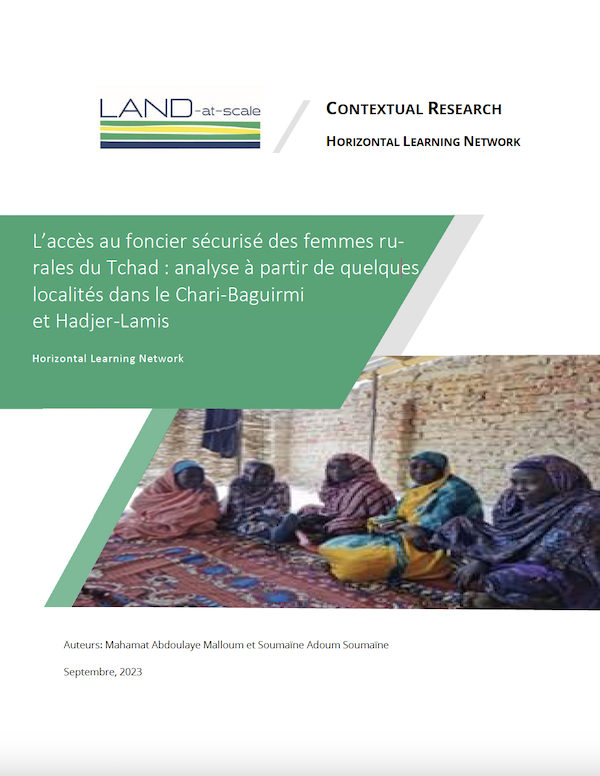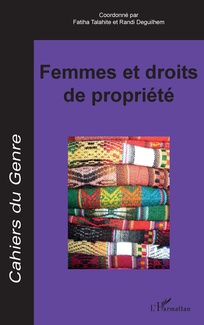Eviction and Resistance in Cambodia: Five women tell their stories
ABSTRACTED FROM THE FORWARD: Forced evictions frequently lead to the breakdown of community networks and informal support systems relied upon by women in their daily lives. they often mean disruption of children’s education, diminished access to health services and a deterioration of the family’s mental and physical well-being. because many victims of forced eviction are resettled in areas far from urban centres and work opportunities, husbands spend long stretches of time away from their families, leaving their wives to cope alone with daily household chores and family needs.




